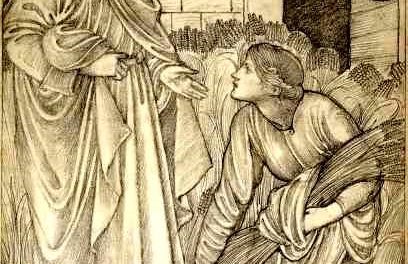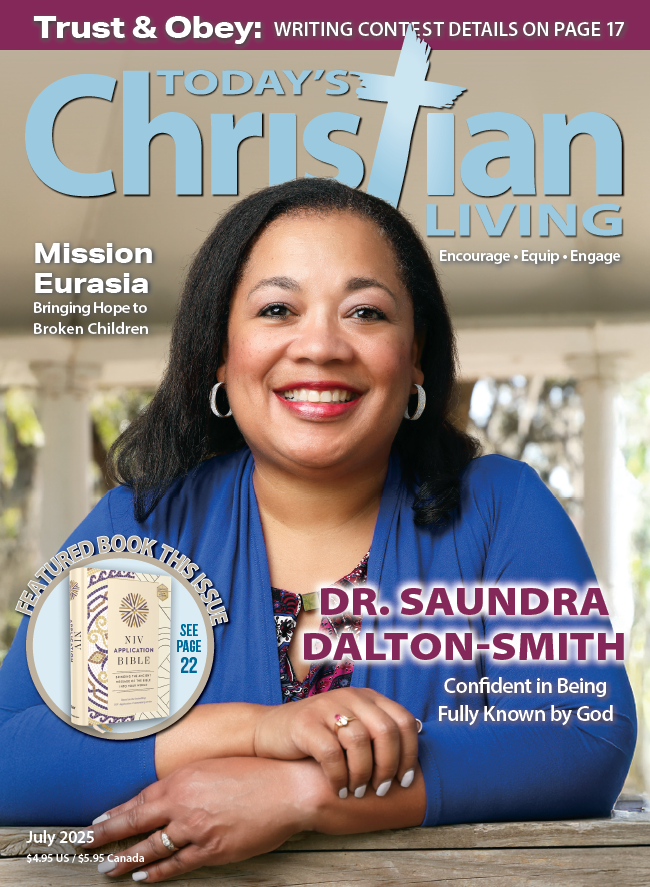
“In times of affliction we commonly meet with the sweetest experiences of the love of God”
These words from John Bunyan stem from his own life riddled by difficulties. He understood trials are not only to be expected, but embraced as an opportunity to lean into God. This truth was foundational to his allegory about the Christian life, The Pilgrim’s Progress.
Bunyan’s Personal Life
John Bunyan was born in 1628 to poor family in Bedfordshire, England. His father was a tinker and Bunyan followed in his father’s footsteps. But before pursuing his metalworking trade, he served in the military during the English Civil Wars. Both his mother and his sister died in the same year and his father married for a third time. Bunyan became an outsider in his own family. Still living in the barracks exposed him to people from many different religious sects and broadened his spiritual understanding.
Bunyan was married twice. His first wife died in 1658, leaving him with four children to raise. He remarried Elizabeth a year later and they had two more children. He eventually left tinkering behind and devoted his life to the ministry and writing. While many of his works were focused on doctrine, his creative works included a novel, a second allegory and a book of children’s poems.

Bunyan’s Ministry
Over the course of several years, Bunyan gradually moved away from the Anglican church and became a Puritan. He went on to serve as a deacon at St. John’s Church in Bedford, where he also discovered his abilities as a lay preacher. John Owen, a well-known theologian of that time, once said, “Had I the tinker’s ability for preaching, I would most gladly relinquish all my learning.”
In 1660, when King Charles II took the throne, he began tracking down and arresting men who were preaching “illegally.” Bunyan was arrested and imprisoned. He was released after two years and granted a “non-conformist” preaching license.
Although Bunyan published numerous books about Christian living, The Pilgrim’s Progress, published in 1678, has had the greatest impact. It is the most widely read and translated Christian book in history (other than the Bible).
It was rather unusual for Puritan writers to enter into the creative and imaginative world of allegory. But in his obedience to God’s leading, Bunyan wrote a book that continues instructing and encouraging Christ’s followers worldwide.
John Bunyan finished his earthly journey in 1688.








